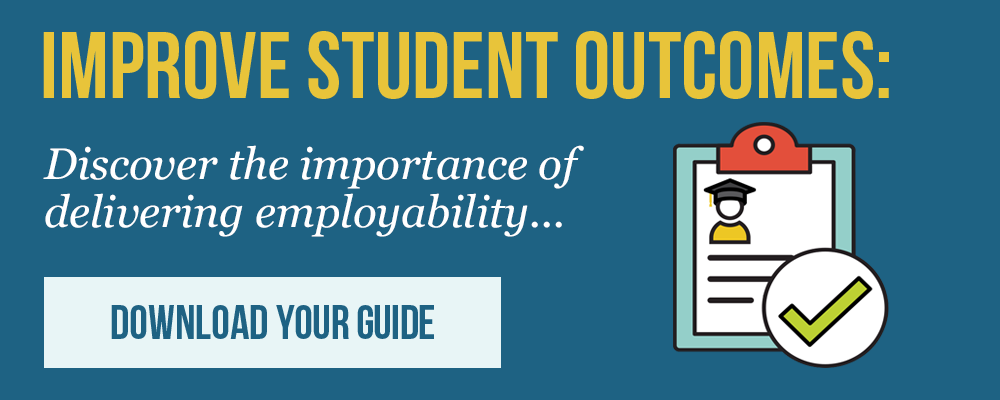
Stereotypes exist for a reason, it is said, and almost every subset of culture (from religious groups, sports clubs and countries to political parties and professions) has its own set of stereotypes. A university is made up of a collection of tribes and social groups among staff and students. There’s a fair amount already written about the various social stereotypes that exist at universities around the world, but what about the academic stereotypes that exist among students? By this, we mean commonly witnessed approaches to work and study exhibited by the young people under your tutelage. Read on to see whether you recognise any of these patterns in your students and what they mean for student empowerment.
1) The latecomer
Punctuality and timekeeping is a trait you either have or you don’t. This is especially true for students who are still learning to function in an environment where they are responsible for their time management and organisation skills. That said, every contingent will have that handful of students who are always late: be it for lectures, study groups, tutorials or when handing in assignments. Rather than interpreting their behaviour as rude or negligent, bear in mind that some personality types are less focussed on plans and schedules. If tardiness begins to affect academic performance, however, you are within your rights to intervene so that you can facilitate student empowerment.
2) The last-minute crammer
The last-minute crammer (or last-minute “finisher”) stereotype is often linked to a student’s motivation and/or ability to organise their study schedules. If a student is motivated by deadlines, they’ll be more likely to wait until the pressure is on to begin and finish their work. That said, last-minute cramming before exams can also be a symptom of disorganisation or a habit of juggling too many extra-curricular activities. As long as your students are completing their assignments on time and to standard, how they plan their work is up to them.
3) The perfectionist
Perfectionism can be either a blessing or a curse in students. On the one hand, perfectionism can lead to better grades and overall performance, which aids student empowerment. On the other, it can be a habit that causes anxiety and distracts a student from focussing on and achieving goals. This type of student will put enormous pressure on themselves to get everything right and find it hard to receive constructive criticism: behaviours that will prove counterproductive for meeting outcomes. You’ll most likely find these students sitting in the front of lectures and asking lots of questions both in and outside of lectures.
4) The power worker
Power workers pride themselves on their ability to be efficient. Their ethos is about working smart, not hard. When they tackle an assignment, they attack it with focus and energy and prefer finishing tasks in one sitting. When it comes to revising for exams, they study in concentrated bursts of an hour or so and rarely spend more than five hours a day revising. It might appear that this subset of learner has no need for student empowerment, but the downside of this approach to work and study is that efficiency is sometimes valued above quality, as power workers seek to tick everything off their to-do list in as short a time as possible, leading to oversights and errors.
5) The opinionated one
Every lecture hall has at least one student who likes to share their opinion on everything, whether it’s relevant to the discussion or not. What other students might mistake for confidence, knowledgeability and student empowerment is often a need to be recognised and masking the fact that this type of student feels out of their depth in their chosen subject. As a faculty head, you need to decide whether this type of behaviour is a cry for help or not, in which case the student might need extra help grasping certain topics.
Work readiness and employability are key outcomes for students, whatever their method of learning
However your students are inclined to study and whatever their chosen degree, preparing themselves for professional work will be a key priority during their qualification. Your role as faculty head is to ensure student empowerment by developing in students the skills they need to become employable.
There are several strategies you can adopt to achieve this: one of them is to offer a soft skills development programme they can undertake alongside their degree and at a pace that suits their study commitments. Curriculo’s Industry Engagement Programme (IEP) allows you to upskill your students with these work-readiness skills. Download the guide for other strategies to enhance graduate employability at your institution:


